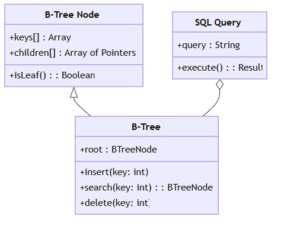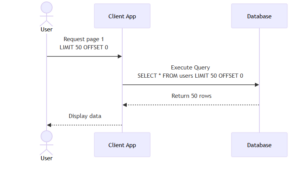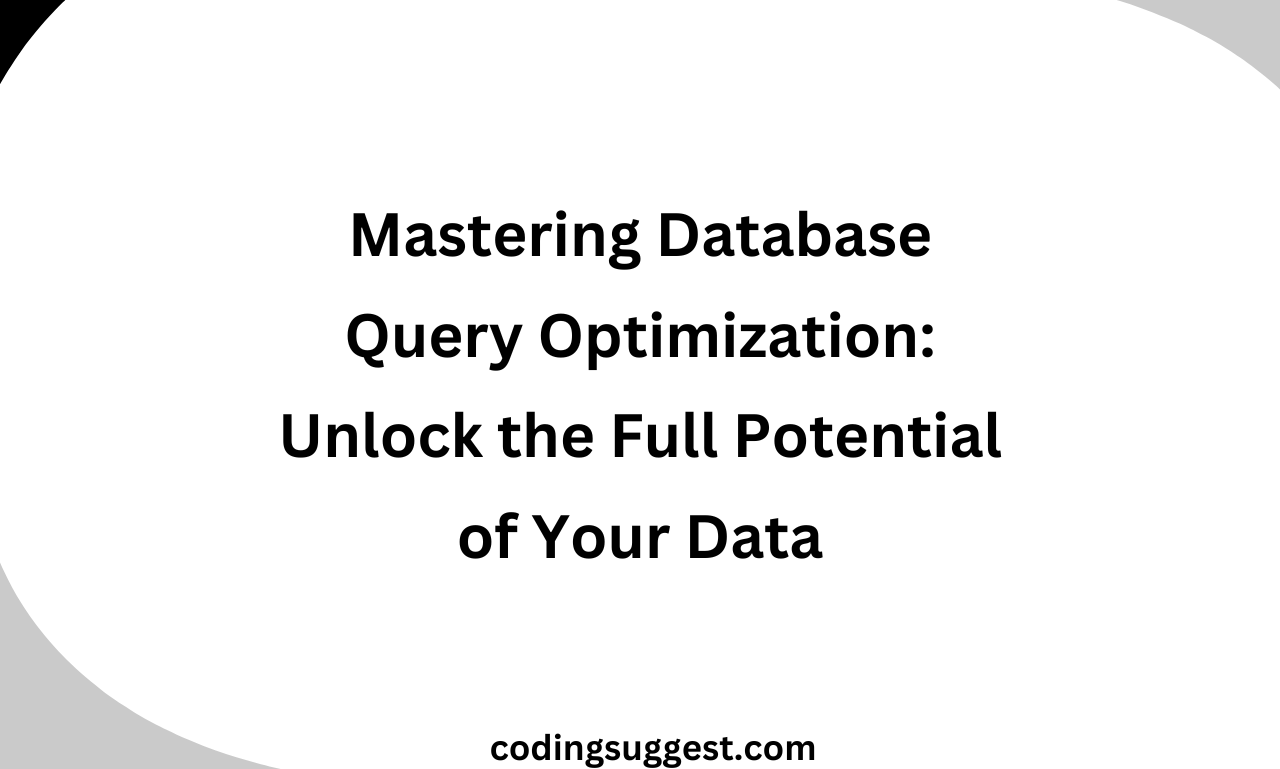Database Query Optimization is one of the essential parts of developing an application. With new applications, the developers face many challenges; one of them is making faster Backend Queries. Database queries negatively impact the application’s performance if they are not used to their best capabilities.
This article will reveal some of the most common mistakes that can impact your queries’ speed.
Unindexed Queries
For instance, you have to find your friend’s phone number in a phone directory and all the records are in random places in the book, now you need to search every record for your friend’s phone number making it time-consuming and inefficient.
Now, I will provide you with another directory which is sorted according to names. Now you can find your friend’s name alphabetically and get his number in a very short time. Database Indexing columns work similarly to this as index columns are stored in a B-tree or hash table to improve the searching speed.
Remember to index those frequently used in searching columns like ID, username, email, etc.

Select * from Table
One of the most common issues with database query optimization is they are used for storing data as new data is added on and their size increases gradually. Getting all the data from the table in your application can look good, but as time passes, new data is added to the database increasing the data transfer packets.
The best solution will be only to select the useful columns and records by describing them and using a condition.
Joins on Large Tables Without Indexing
As discussed above, finding something without database indexing can impact the time and resource consumption of your database, however, If we create an index column such as ID then It will be easier to find the matching data with the foreign key.
For instance, I have three tables: Students, Courses, and Registration. Registration has many to many relationships with the Student and Courses table. When I try to create a join from registration to courses and students table it will be like
Select s.name, c.name from registration r inner join students s on r.student_id = s.id
If my course.id and student.id columns are indexed then it would be better to find them in the table as the binary tree reduces its size exponentially, as it gets closer to the data.
Missing LIMIT for Large Data Retrieval
Limiting your number of records is very essential as you don’t know how many records are in the database. For instance, you were looking for a user with the name “John” When you executed the query you got around 100,000 records now you need only the first 12 records then getting the other 999,988 records will be wasted.
To avoid this problem, we can use the limit which will stop the execution of the queries after getting the 12 records.
It is one of the best options for pagination as you can limit the size of the records and using offset you can declare from which record position you want to pick records
SELECT * FROM users LIMIT 50 OFFSET 0;

Lastly, There is a penalty of mistakes that we make during the development process, we have tried our best to enlist the most common mistakes among them.
SQL optimization is one of the most important thing to keep your application safe from latency and performance issues, make sure to try our solution and improve your applications.
SQL has an extensive number of features that unleash them and know the best potential while coding or writing queries for your application. To download a sample database and practice database query optimization Sample Database. To know more about Backend Optimization please visit Unlock the Secrets of High-Performance Backend: 7 Tips To Master Backend Optimization.

